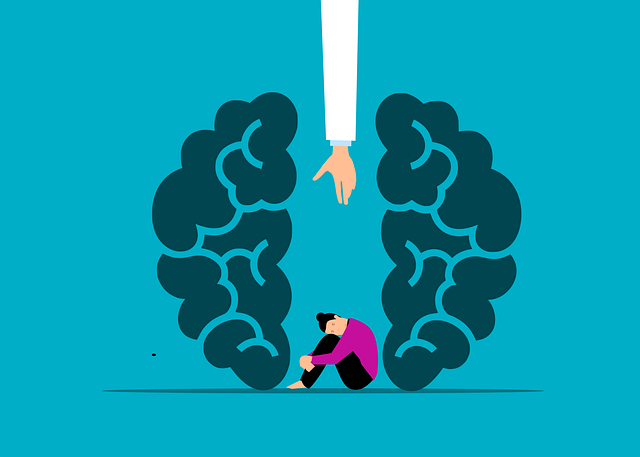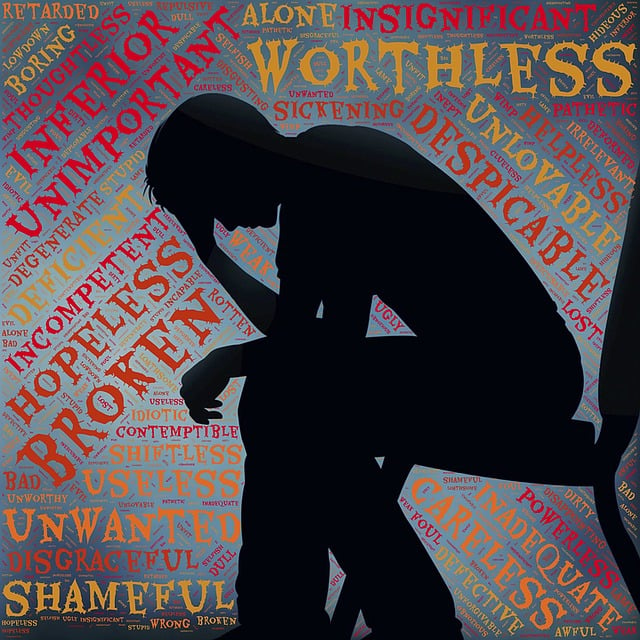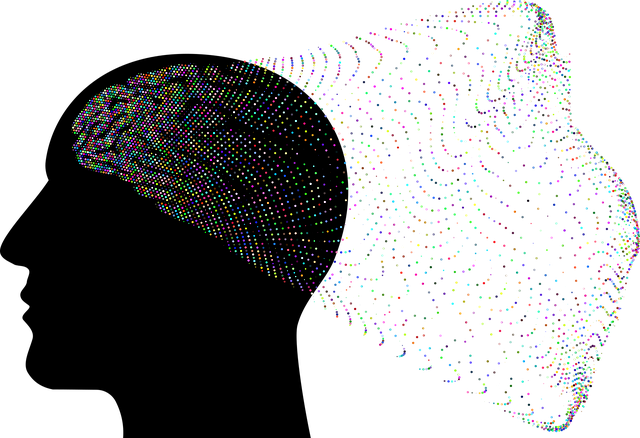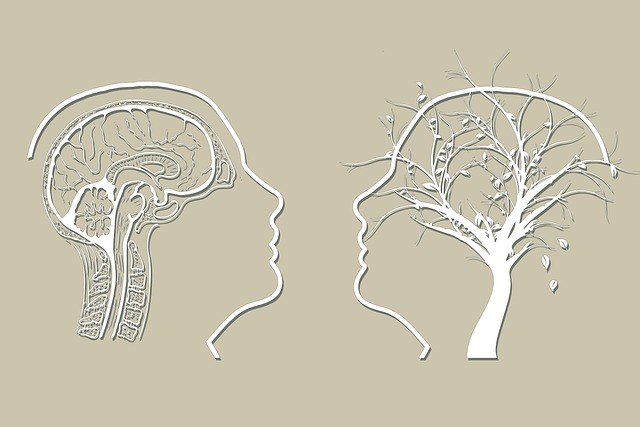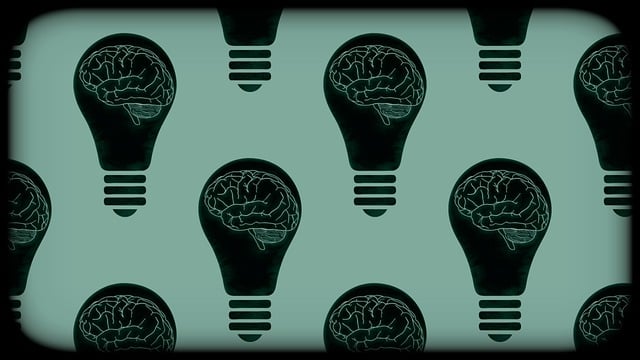Trauma, a lasting impact of distressing events, manifests in various mental and physical health issues, including anxiety disorders and phobias, as observed in Highlands Ranch therapy practices. Specialized support like cognitive behavioral therapy (CBT), journaling exercises, and group therapy sessions offered by Highlands Ranch Phobias Therapy facilitates healing through desensitization, reconditioning, emotional regulation, and mental health education. This holistic approach boosts self-esteem, resilience, and coping strategies, empowering individuals to overcome trauma and improve overall mental wellness.
Trauma can profoundly impact individuals, affecting their daily lives and mental well-being. This article explores the critical role of support services in helping those affected by trauma heal. We delve into understanding trauma’s far-reaching effects and highlight the expertise offered by Highlands Ranch Phobias Therapy.
Additionally, we discuss strategies for building robust support systems and tackling barriers to accessing essential services. By examining these aspects, we aim to illuminate paths towards recovery and resilience.
- Understanding Trauma and Its Impact
- The Role of Highlands Ranch Phobias Therapy
- Creating an Effective Support System
- Overcoming Barriers to Accessing Services
Understanding Trauma and Its Impact

Trauma is a complex response to distressing events or experiences that can have profound and lasting effects on an individual’s mental and physical well-being. It’s more than just a fleeting reaction; it’s a deep-seated process that can lead to various conditions, including anxiety disorders, depression, and even phobias, as seen in Highlands Ranch therapy practices. Understanding trauma involves recognizing its ability to disrupt one’s sense of safety, self-worth, and ability to trust.
The impact of trauma extends beyond the immediate moment; it can manifest years later as flashbacks, nightmares, intense emotions, or avoidance behaviors. Emotional healing processes are crucial for those affected, often requiring specialized support like therapy and guidance through journaling exercises. Public awareness campaigns can play a significant role in promoting understanding, reducing stigma, and encouraging individuals to seek help, ultimately fostering better mental wellness.
The Role of Highlands Ranch Phobias Therapy

Highlands Ranch Phobias Therapy plays a pivotal role in addressing and overcoming specific fears and phobias that significantly impact individuals’ lives. This specialized service is tailored to help clients manage and overcome their anxiety-inducing situations, offering a safe and supportive environment. The therapy focuses on understanding the root causes of phobias, providing effective coping strategies, and gradually exposing individuals to their feared objects or scenarios in a controlled manner.
Incorporating evidence-based techniques, such as cognitive behavioral therapy (CBT), Highlands Ranch Phobias Therapy guides clients through a process of desensitization and reconditioning. This approach not only helps in Depression Prevention but also empowers individuals to develop self-care practices that promote mental well-being. Additionally, the therapy often includes Mental Health Education Programs Design, teaching clients valuable insights into their condition, enabling them to actively participate in their healing journey.
Creating an Effective Support System

In building an effective support system for trauma recovery, it’s essential to create a network that combines professional therapy with personal connections. Highlands Ranch Phobias Therapy has recognized the power of community and individual empowerment in healing processes. Through group therapy sessions, clients can share experiences, fostering a sense of belonging and understanding—a crucial aspect of overcoming trauma. This approach not only enhances coping mechanisms but also boosts self-esteem improvement, which is vital for navigating life after traumatic events.
Additionally, the integration of Mind Over Matter principles allows individuals to take control of their healing journey. By teaching clients to reframe thoughts and challenges, these therapy sessions promote burnout prevention. Such a holistic approach ensures that trauma survivors not only deal with symptoms but also develop long-lasting resilience, enabling them to thrive rather than merely survive.
Overcoming Barriers to Accessing Services

Overcoming barriers to accessing trauma support services is a significant step towards healing and recovery for many individuals in Highlands Ranch. One of the primary obstacles is often the fear or stigma associated with seeking therapy, especially for those dealing with phobias. Many people may feel they are alone in their struggles, preventing them from reaching out for help. Therapy can seem intimidating, but professional support is designed to create a safe and non-judgmental space where individuals can process their traumatic experiences at their own pace.
Highlands Ranch Phobias Therapy offers specialized treatment tailored to address specific fears and anxieties. By providing Mental Wellness Journaling Exercise Guidance, therapists enable clients to explore their thoughts and emotions in a structured yet flexible manner. This process facilitates Emotional Regulation, which is crucial for managing the intense feelings that can arise from traumatic memories. Moreover, by incorporating techniques to prevent Depression, these services empower individuals to take control of their mental wellness journey, ensuring they receive the necessary support to overcome barriers and embrace healing.
Trauma support services are vital for individuals seeking healing and recovery. By understanding trauma’s profound impact, we recognize the need for specialized therapies like Highlands Ranch Phobias Therapy, which offers effective strategies to overcome phobias and fears. Building a robust support system and addressing access barriers ensures that those in need can receive the care they deserve. This comprehensive approach fosters resilience and empowers individuals to reclaim their lives post-trauma.





